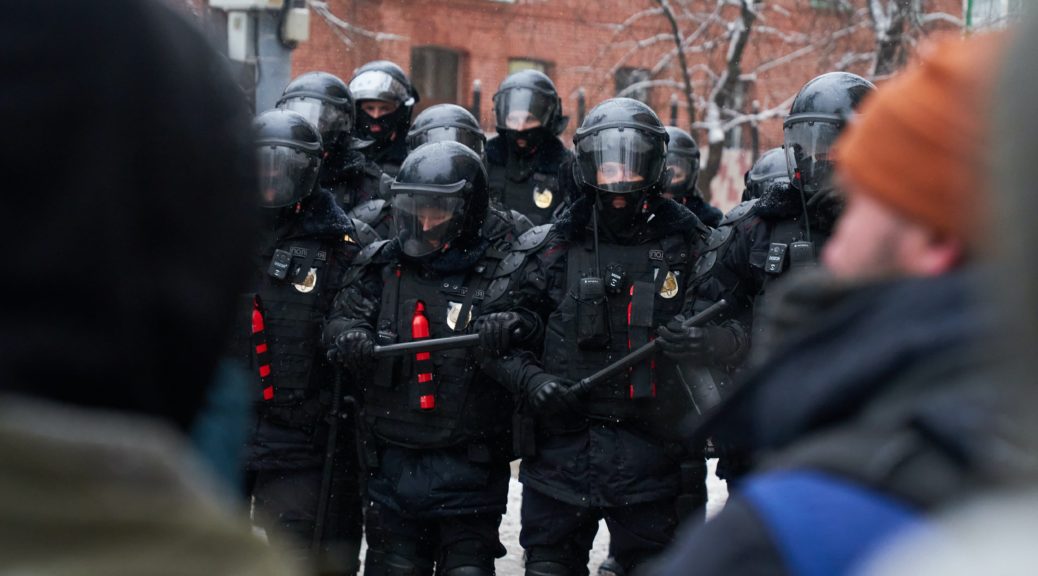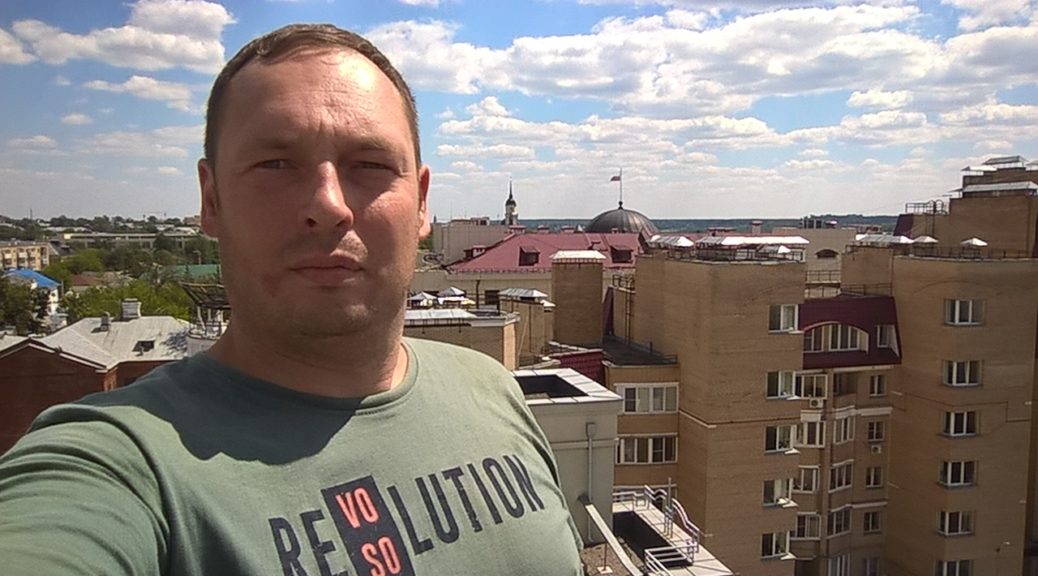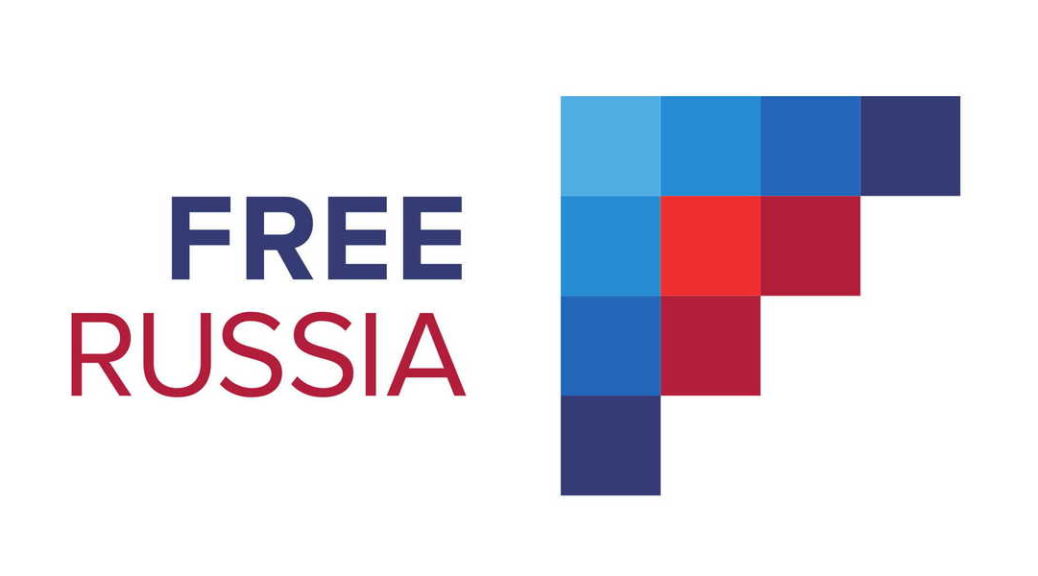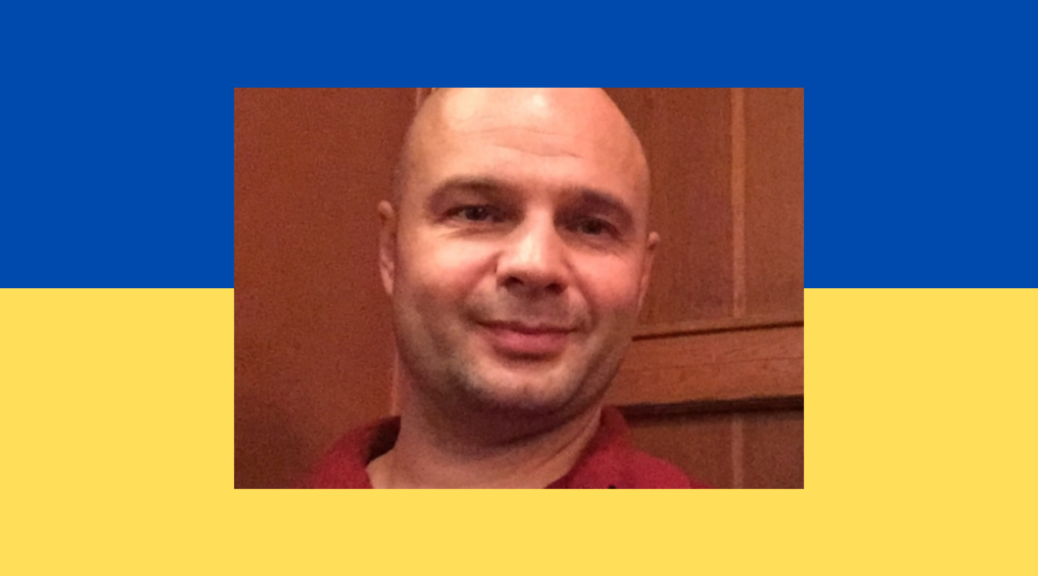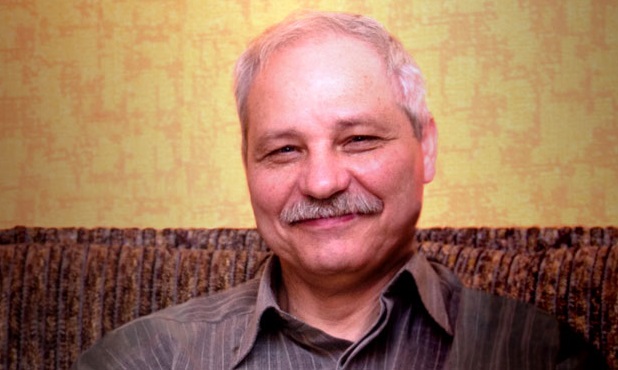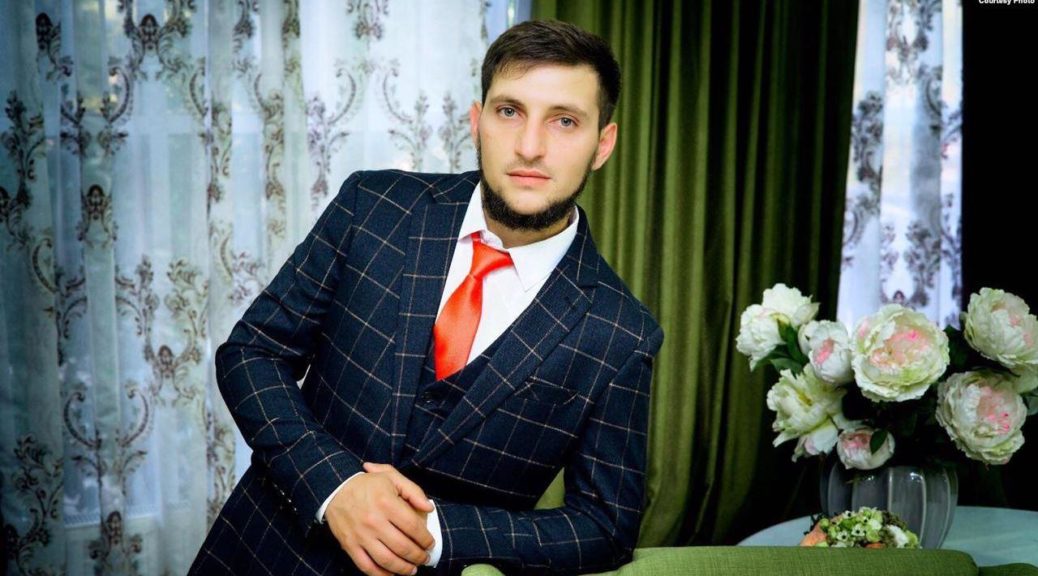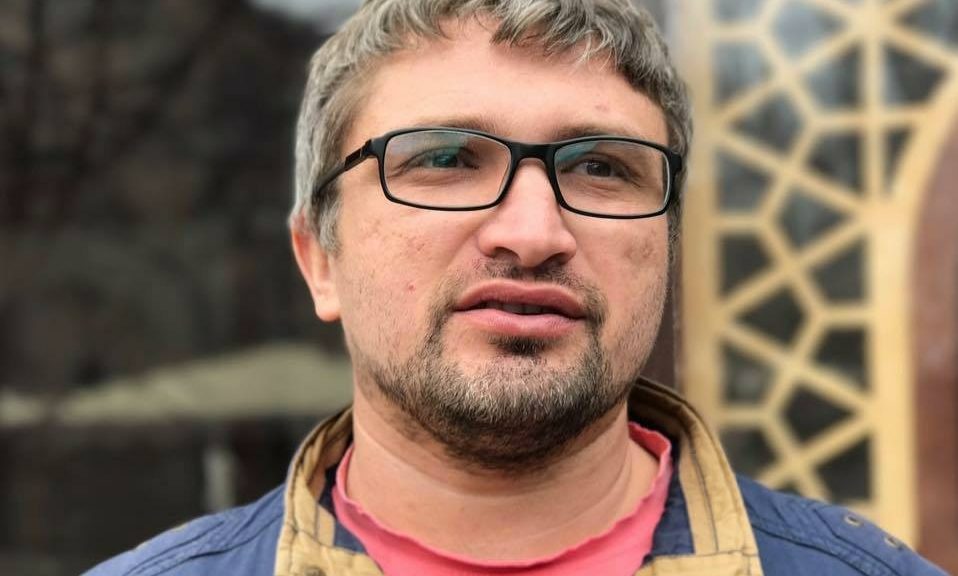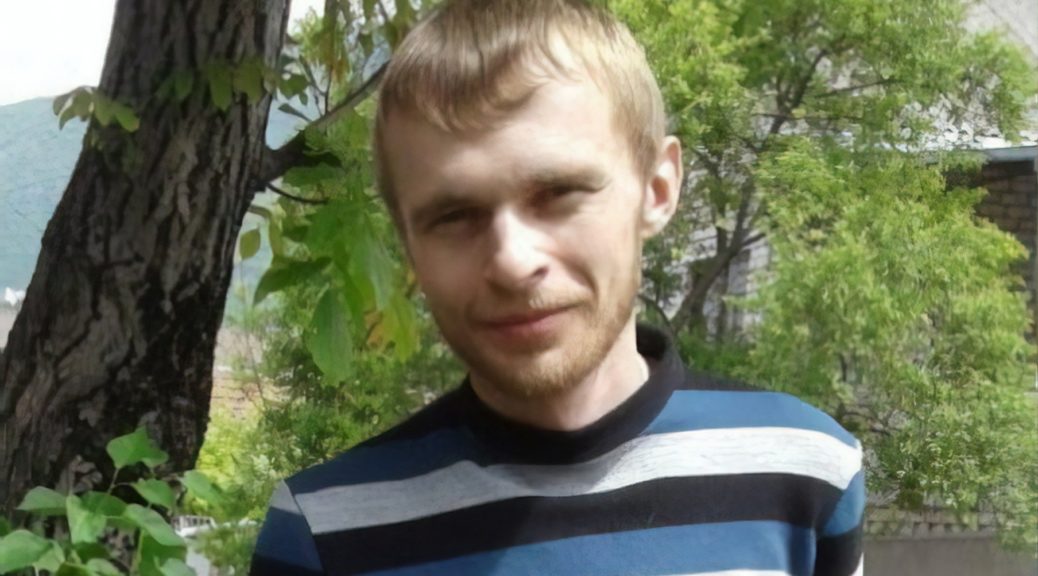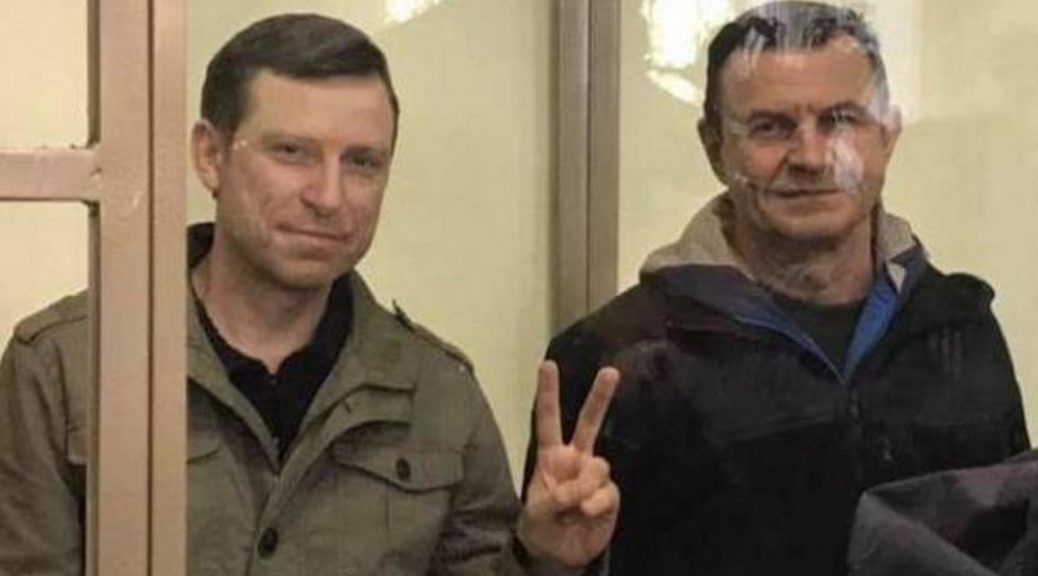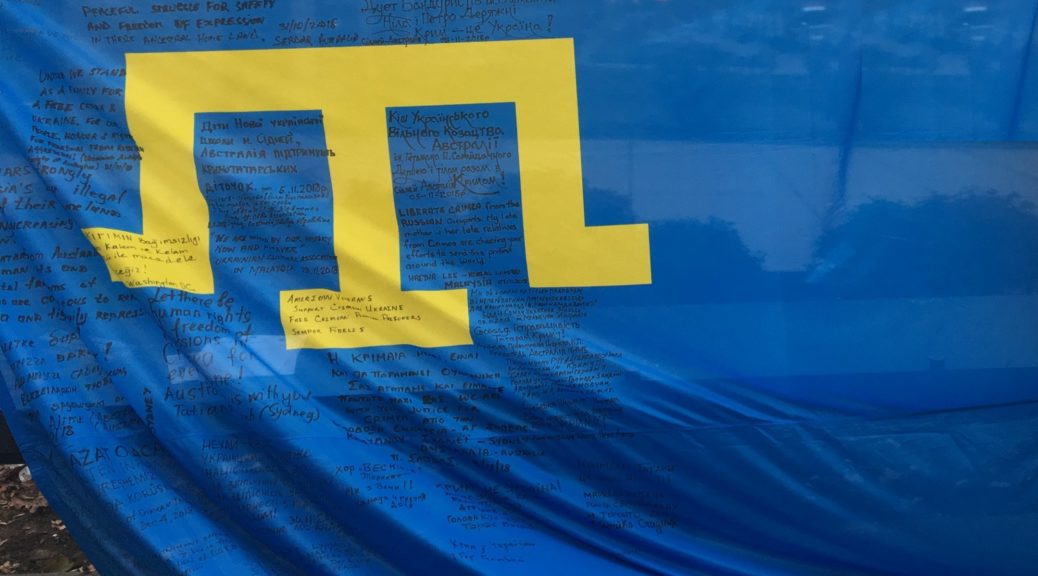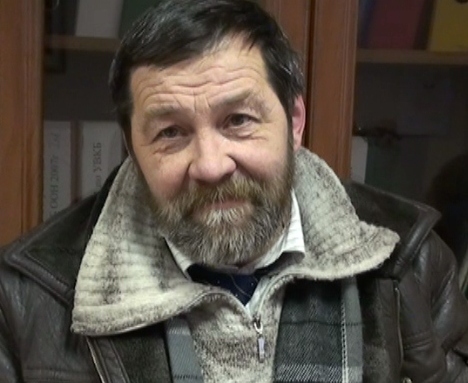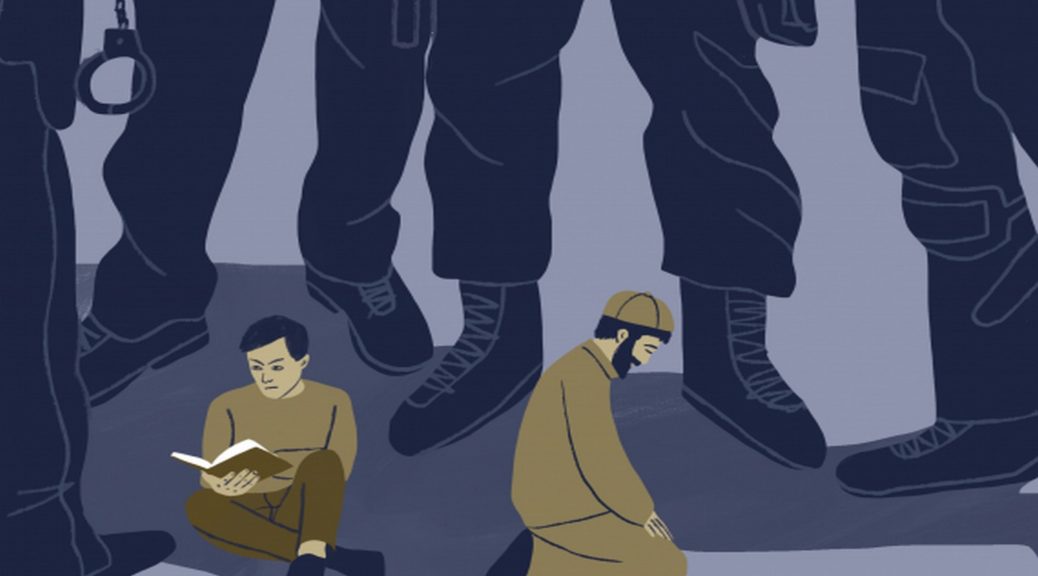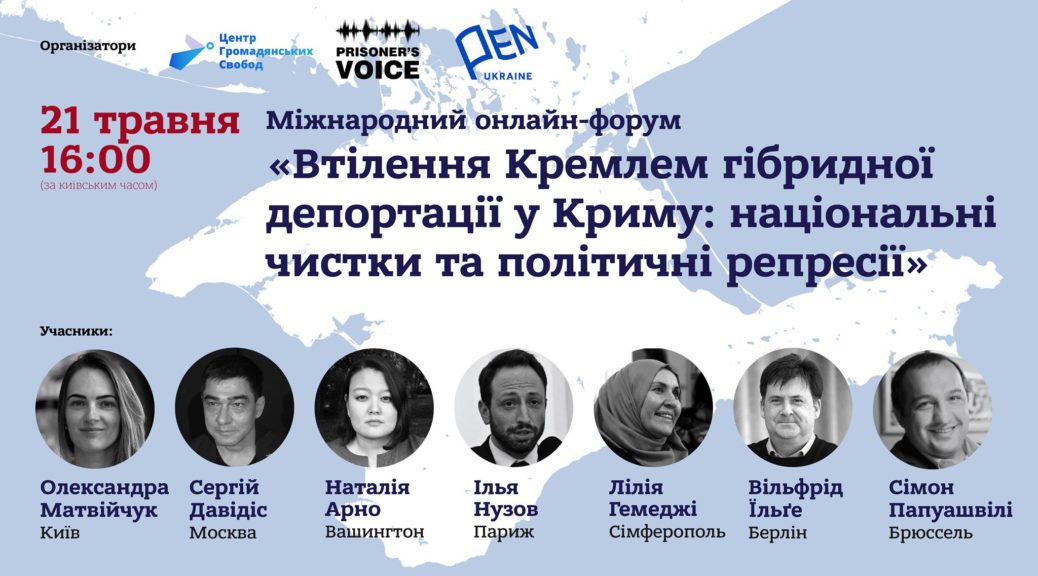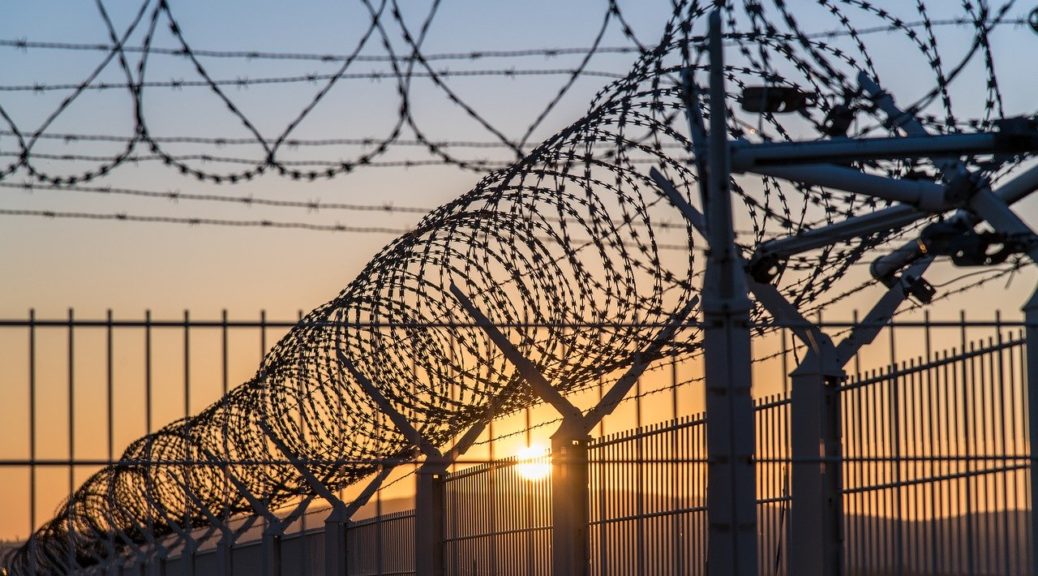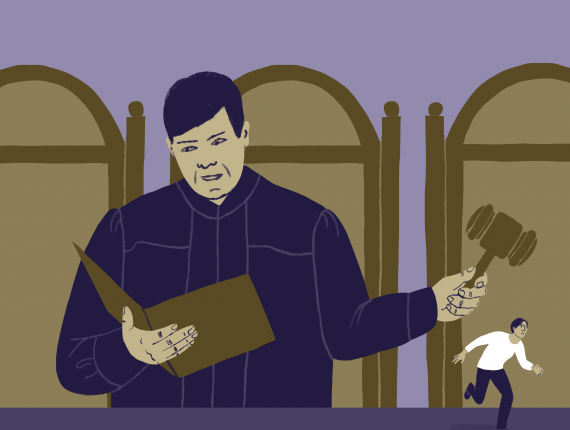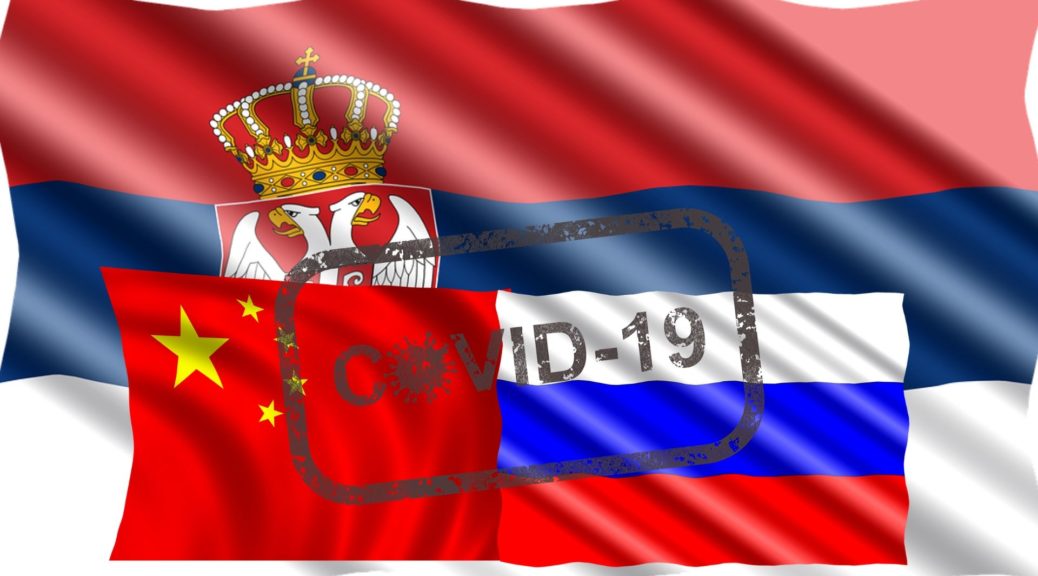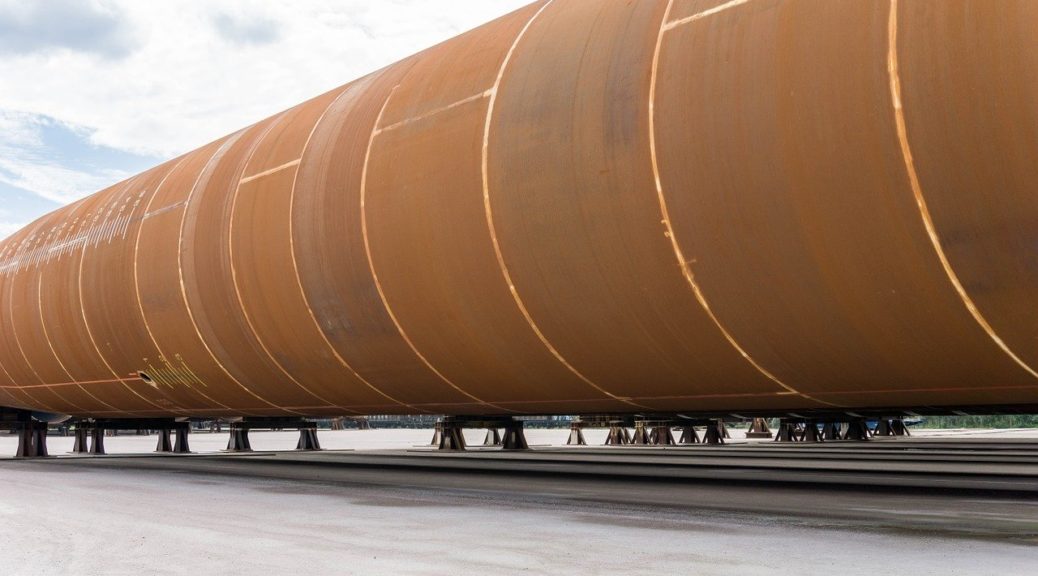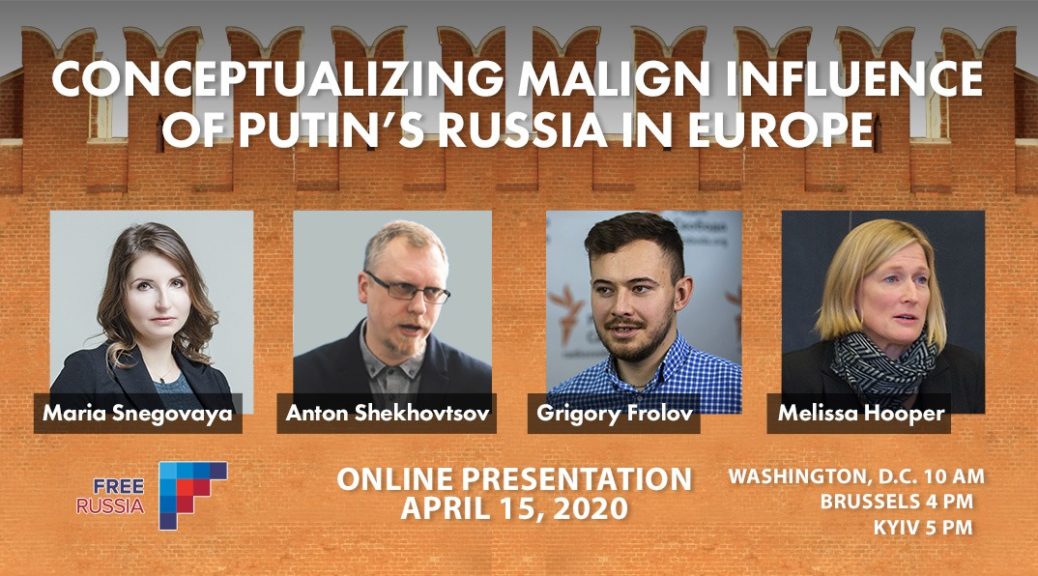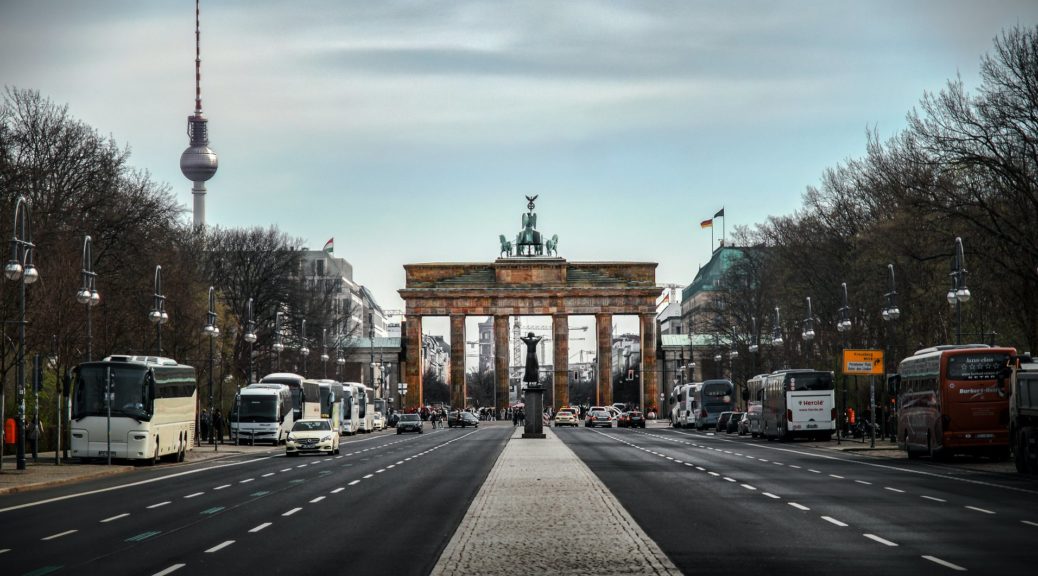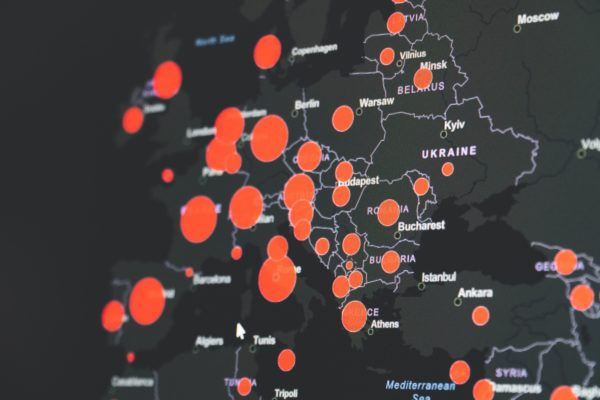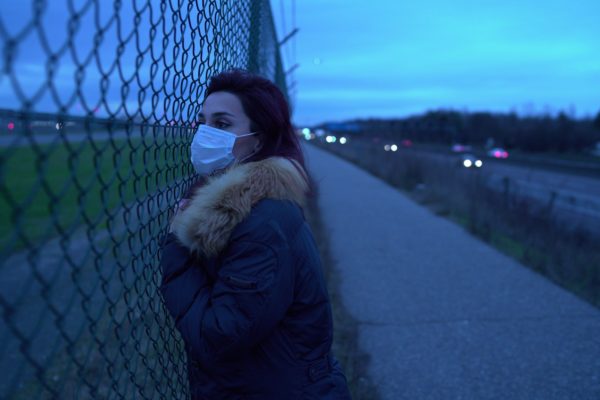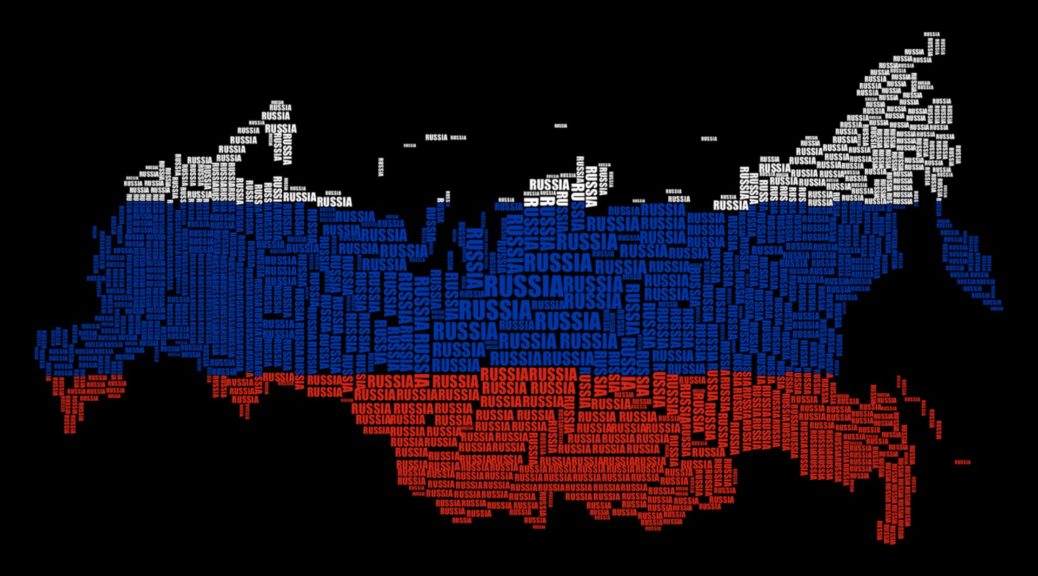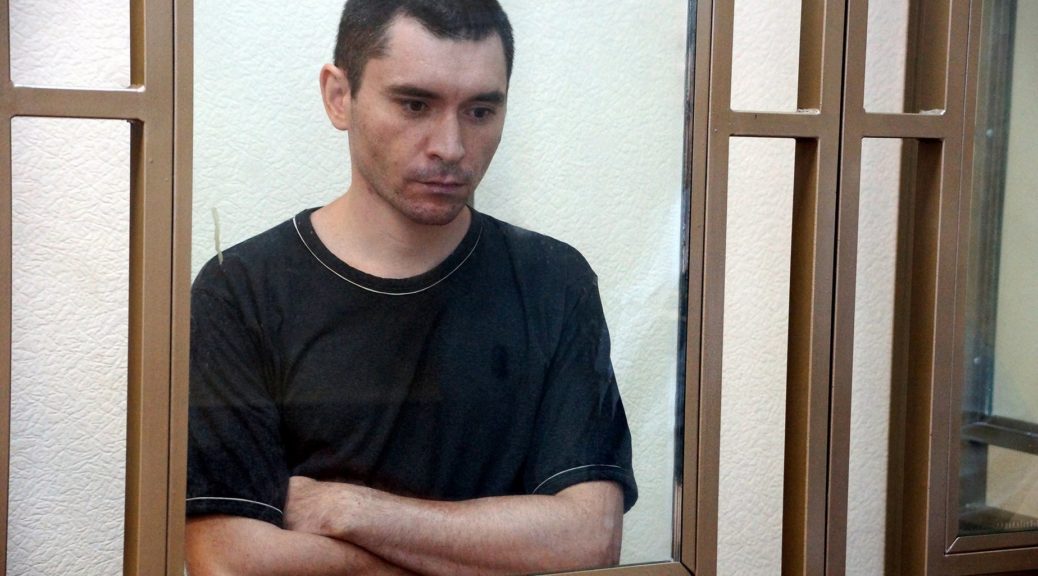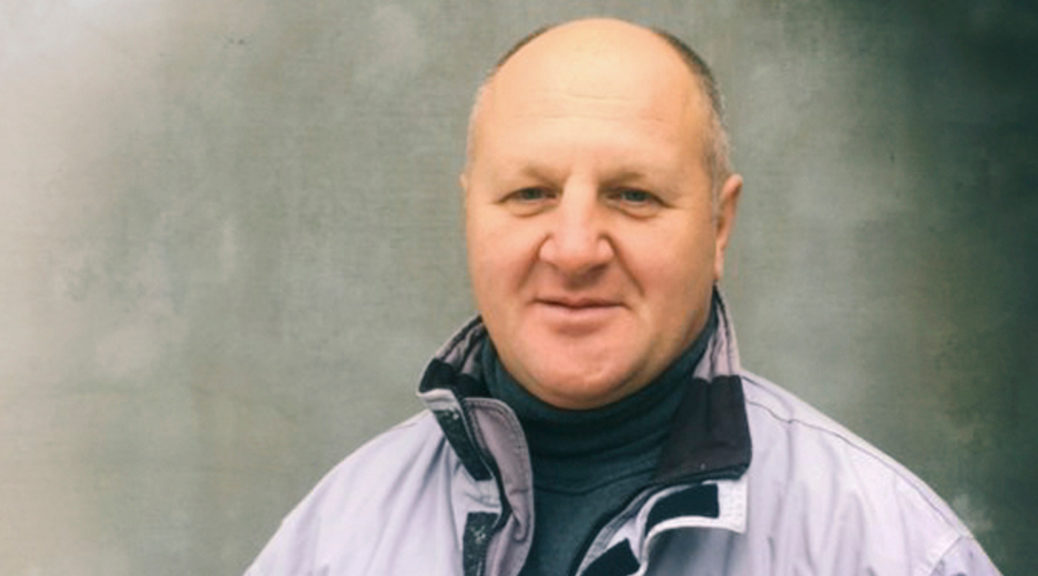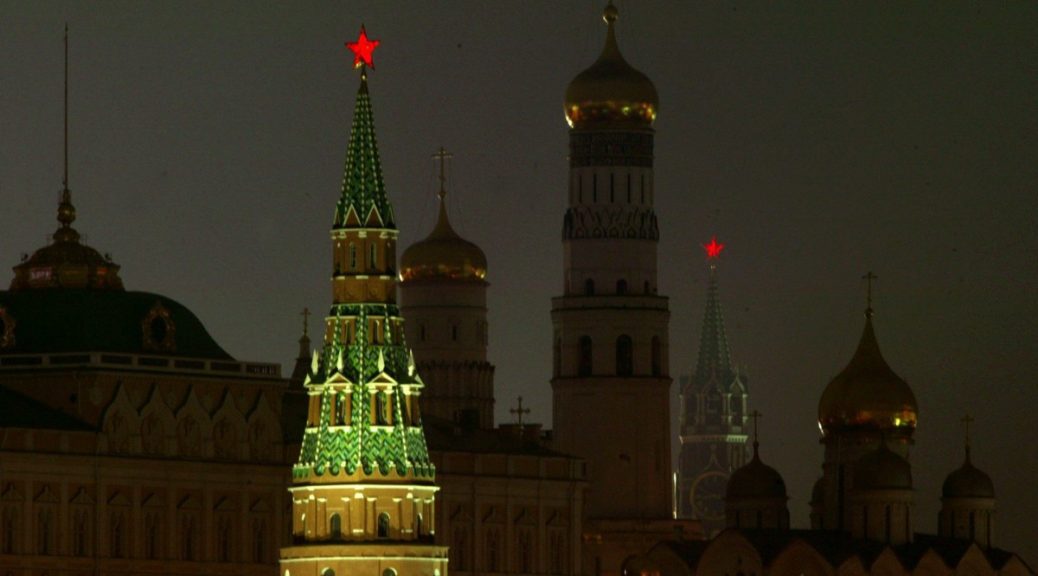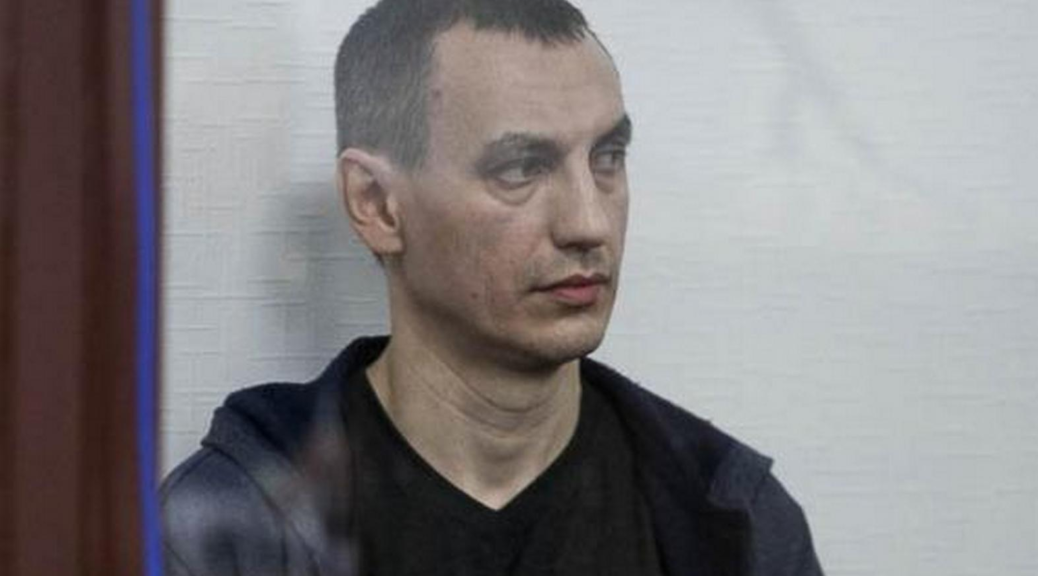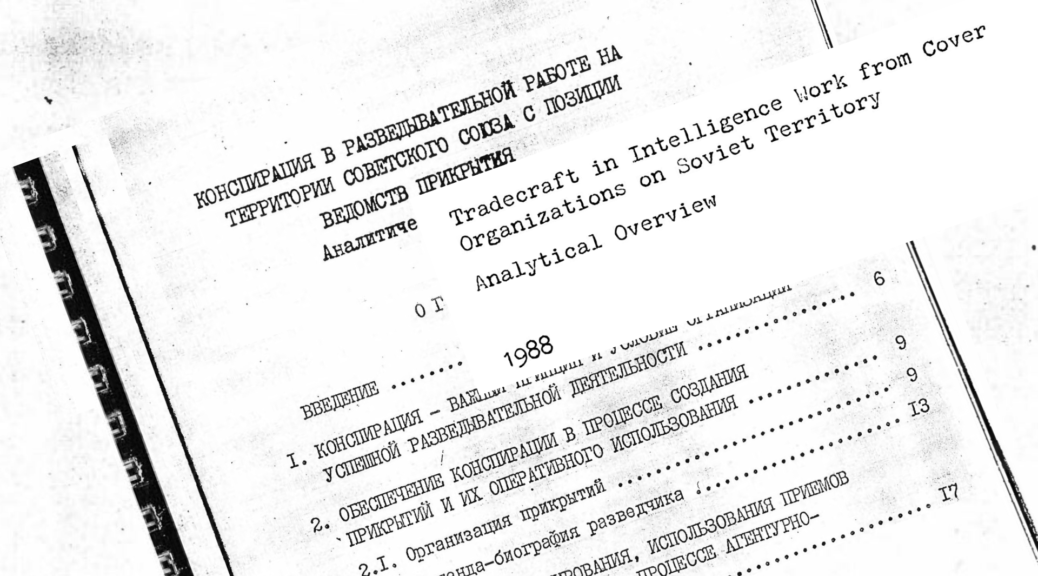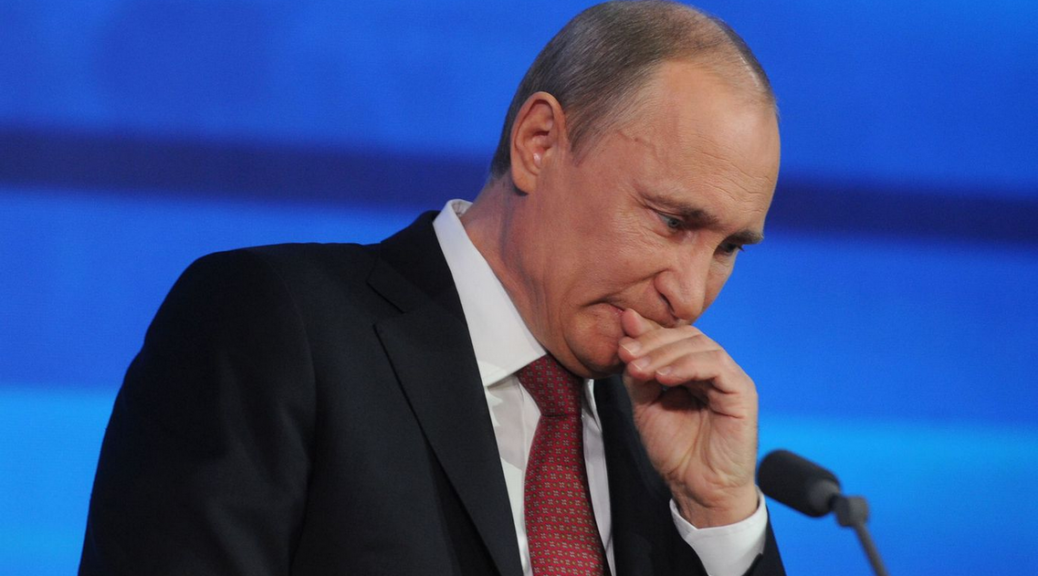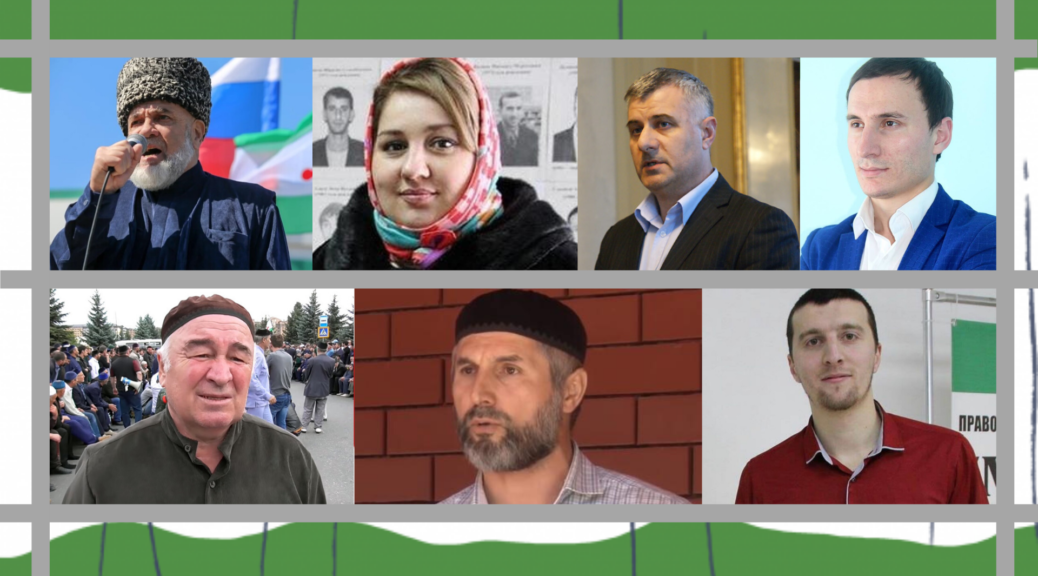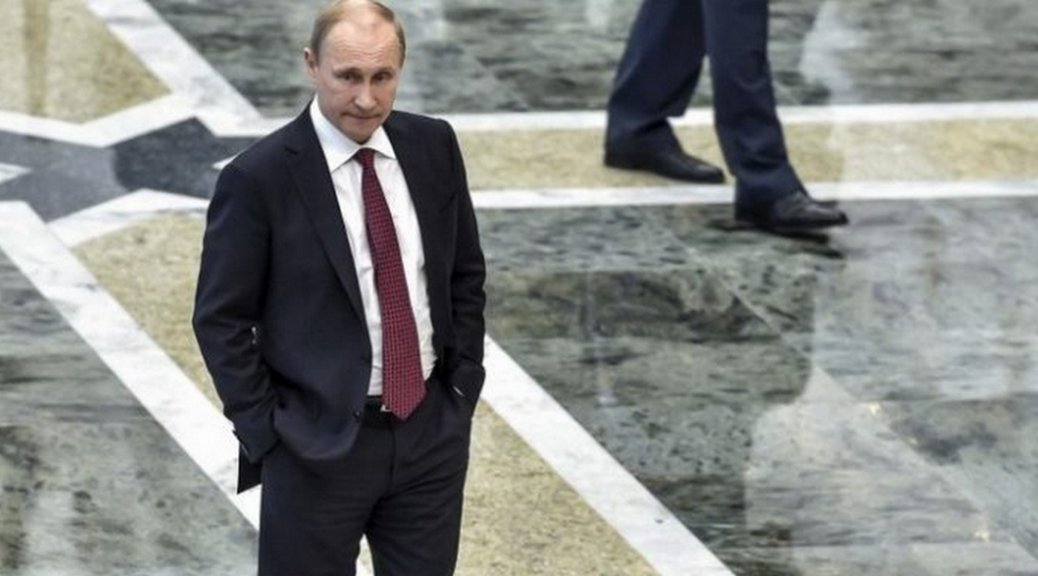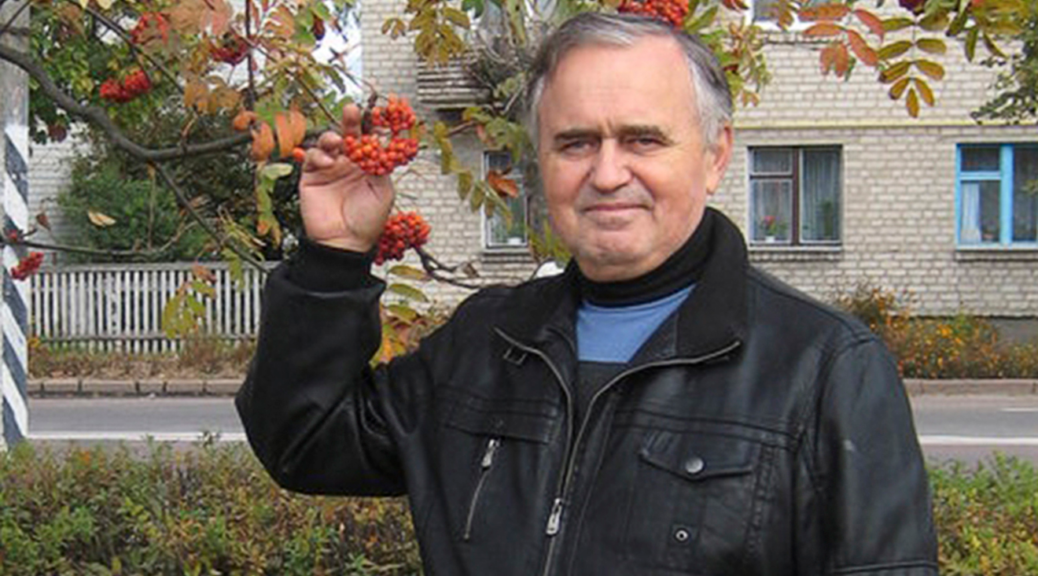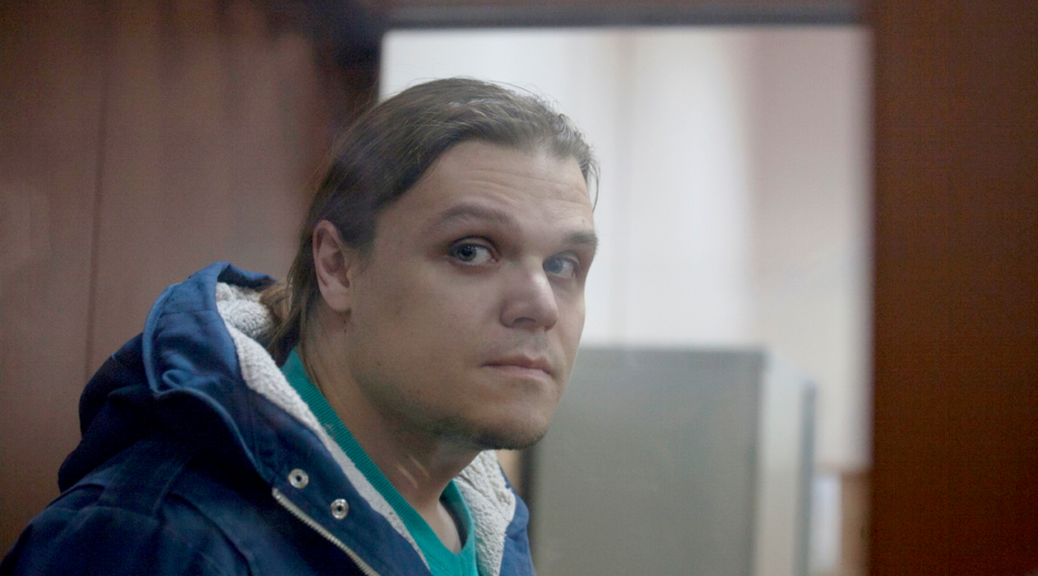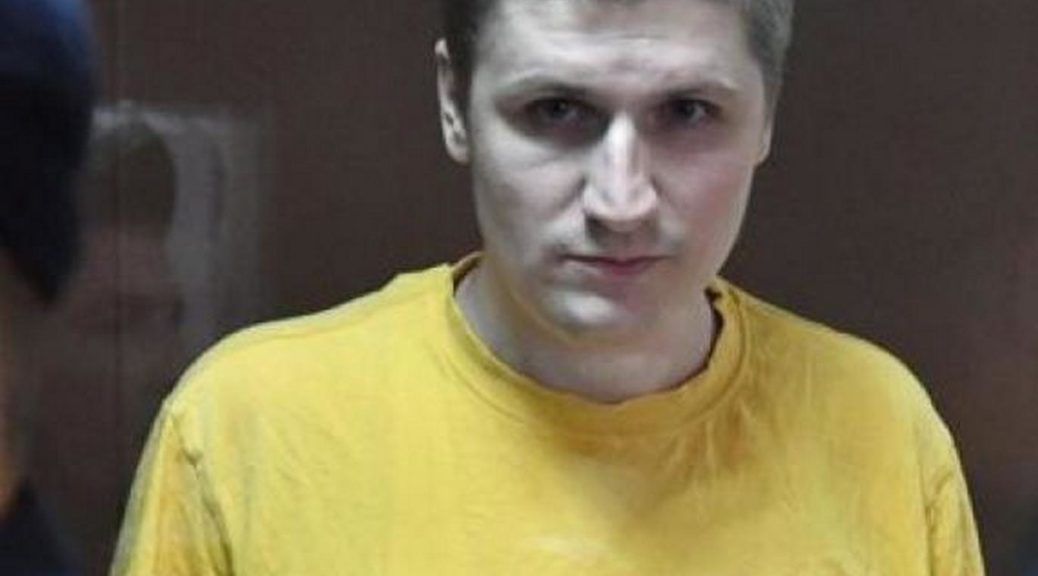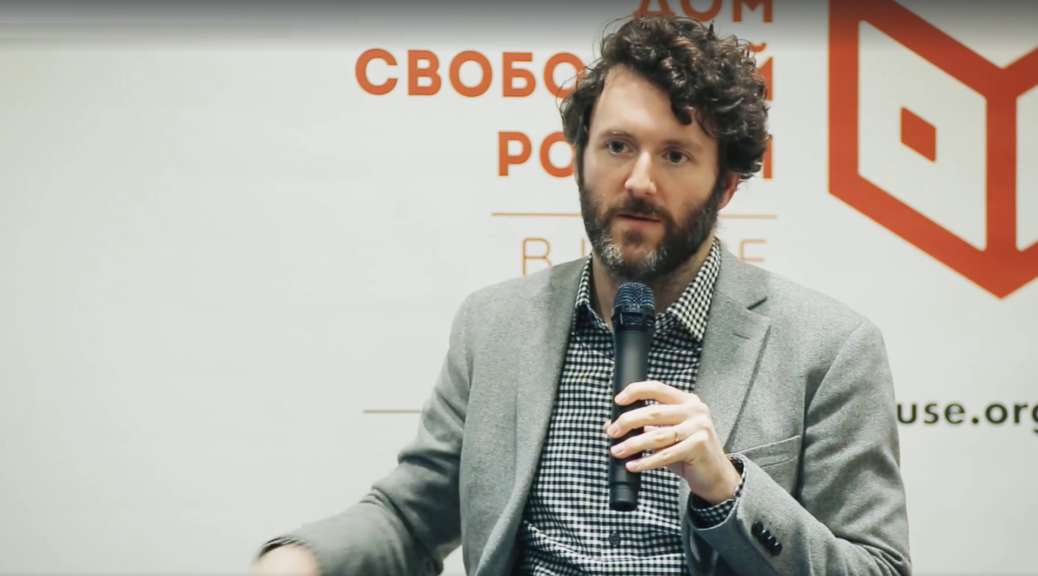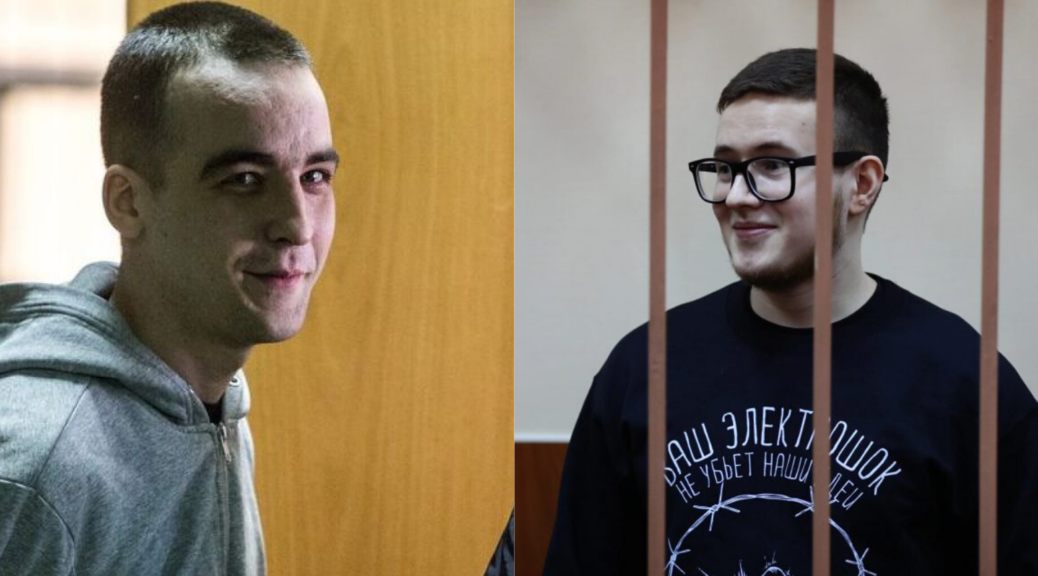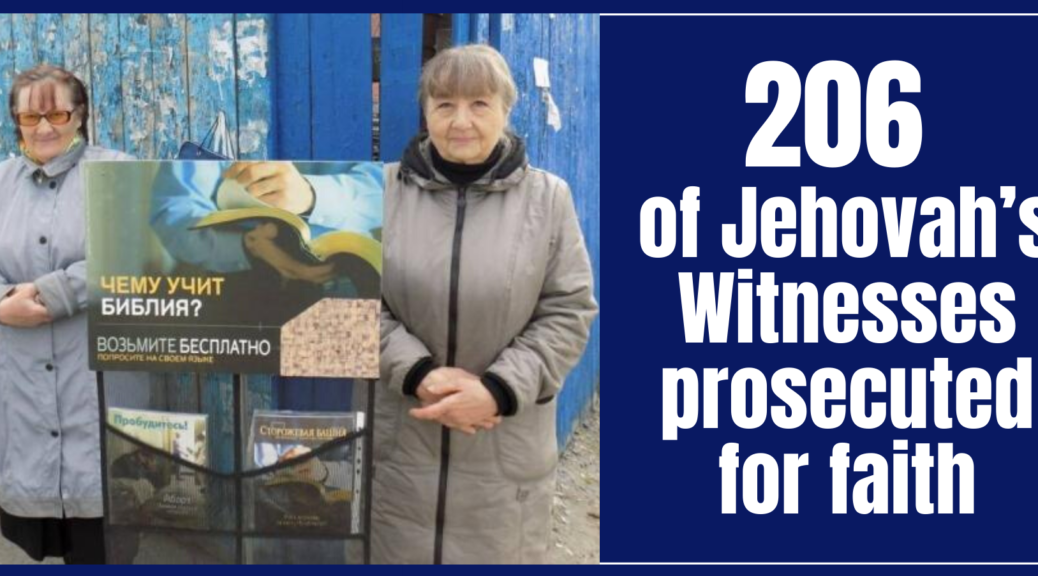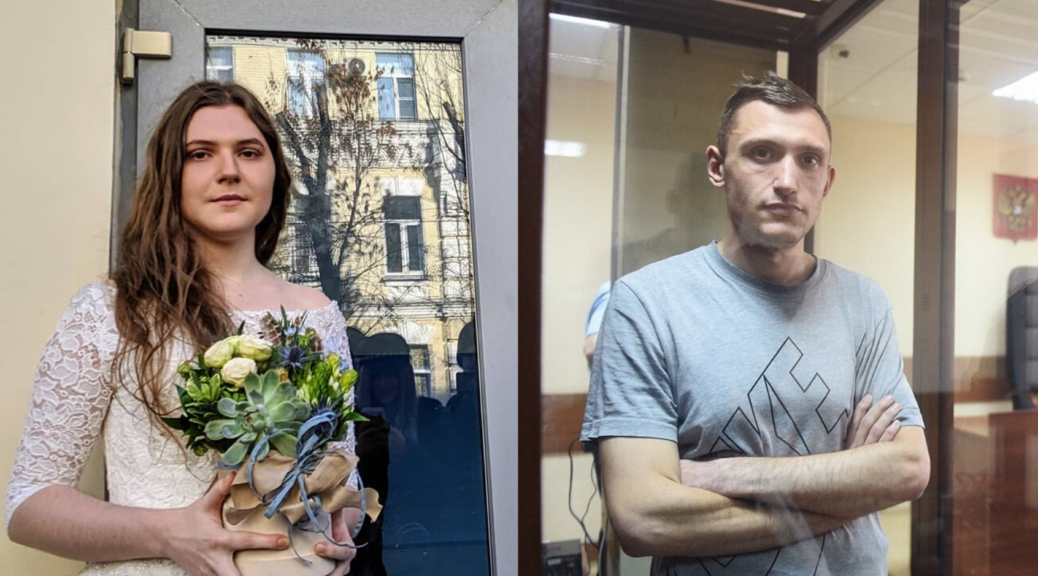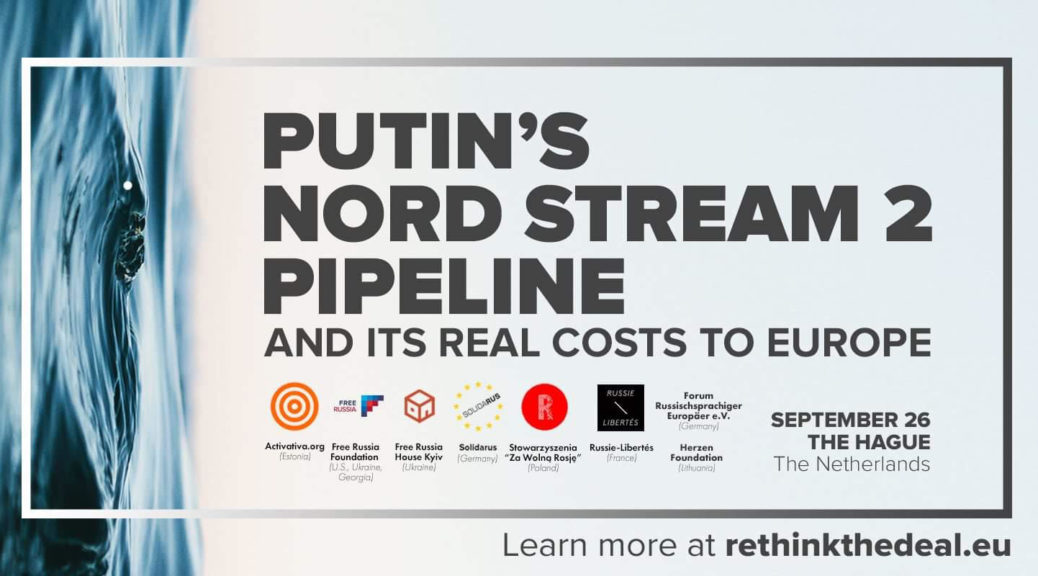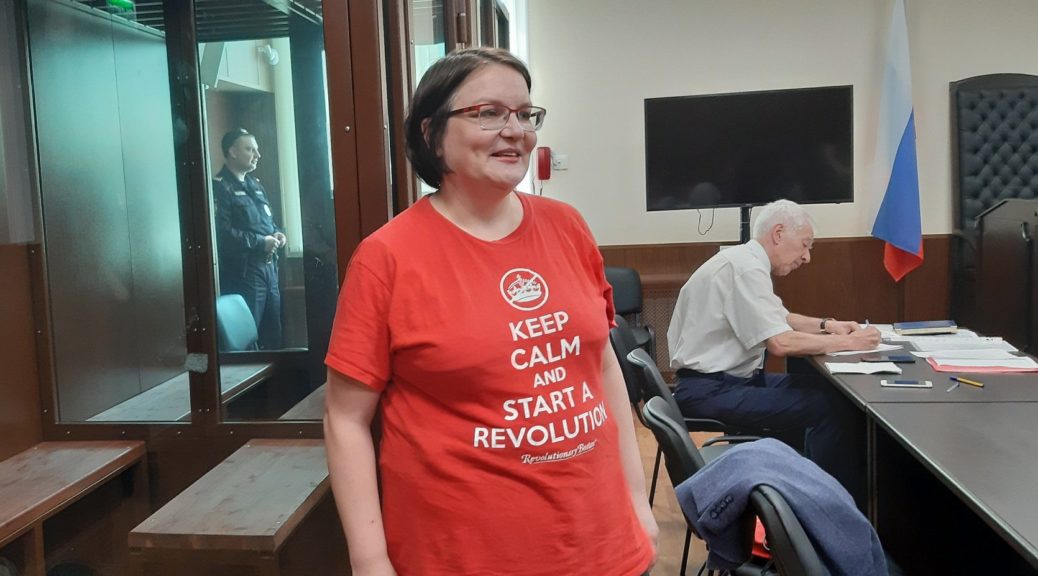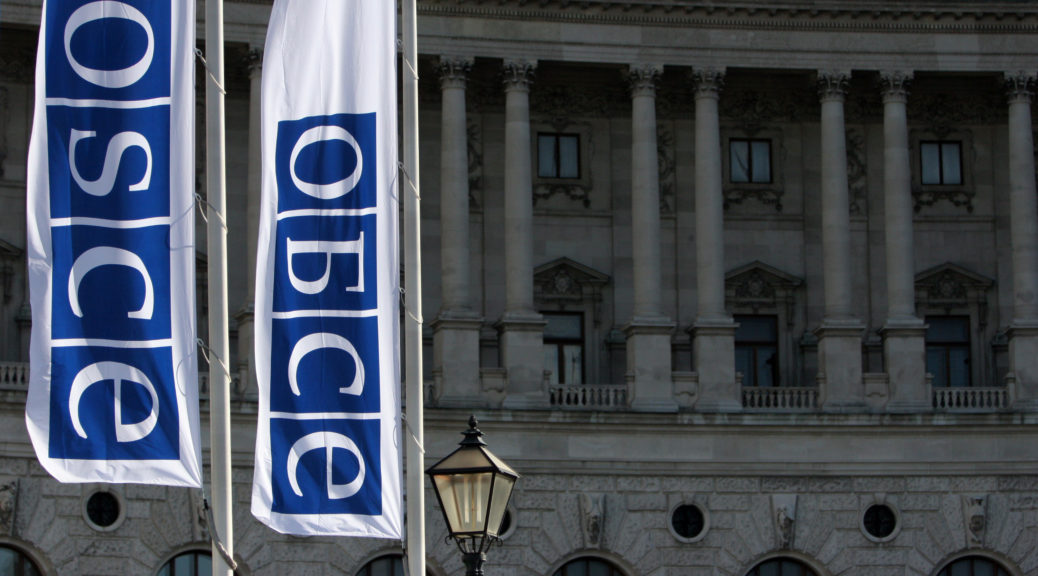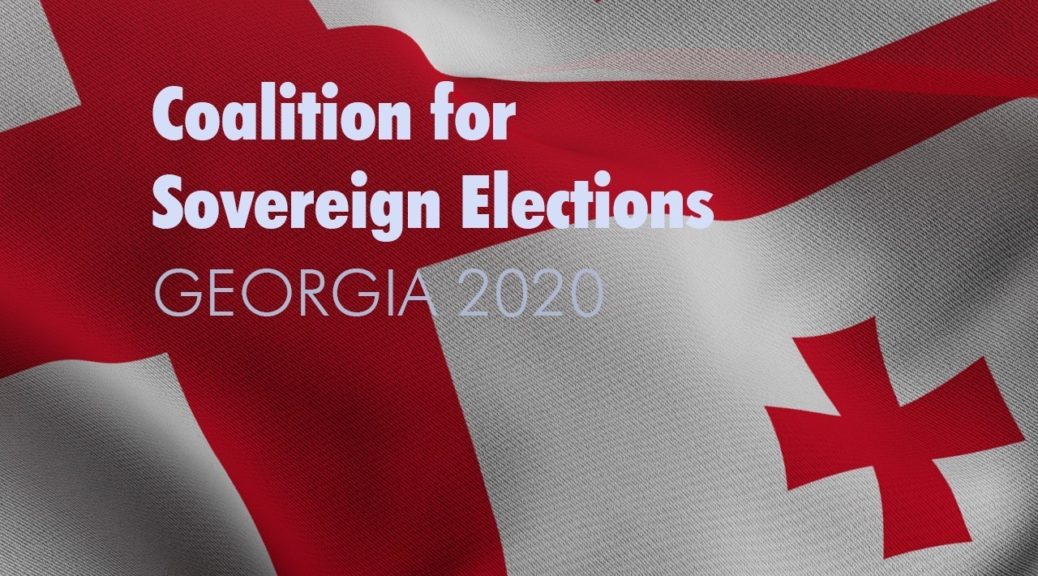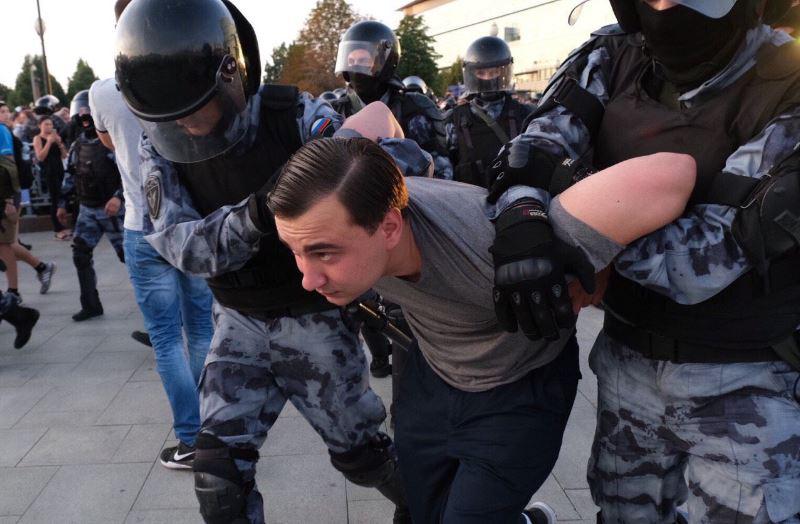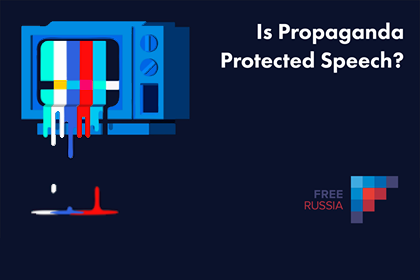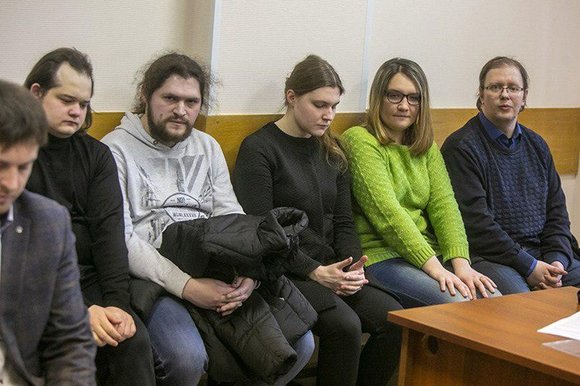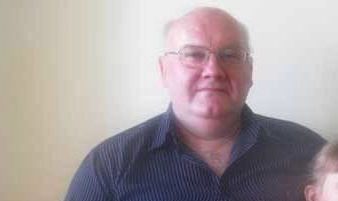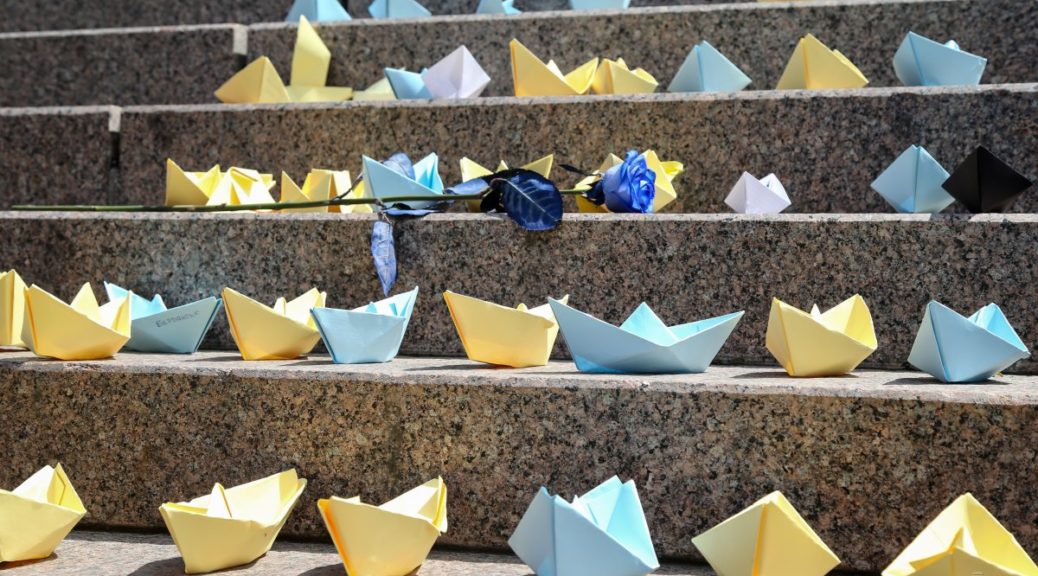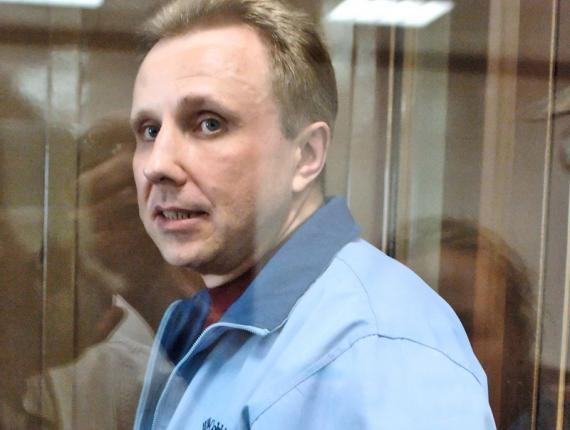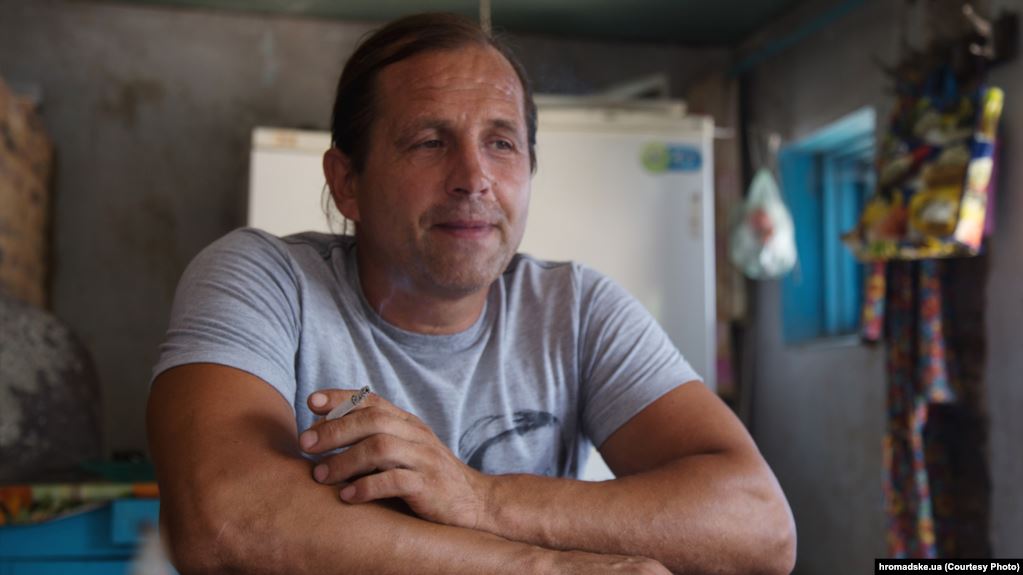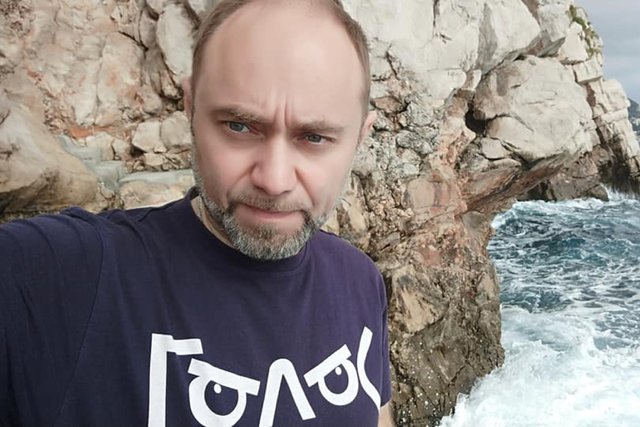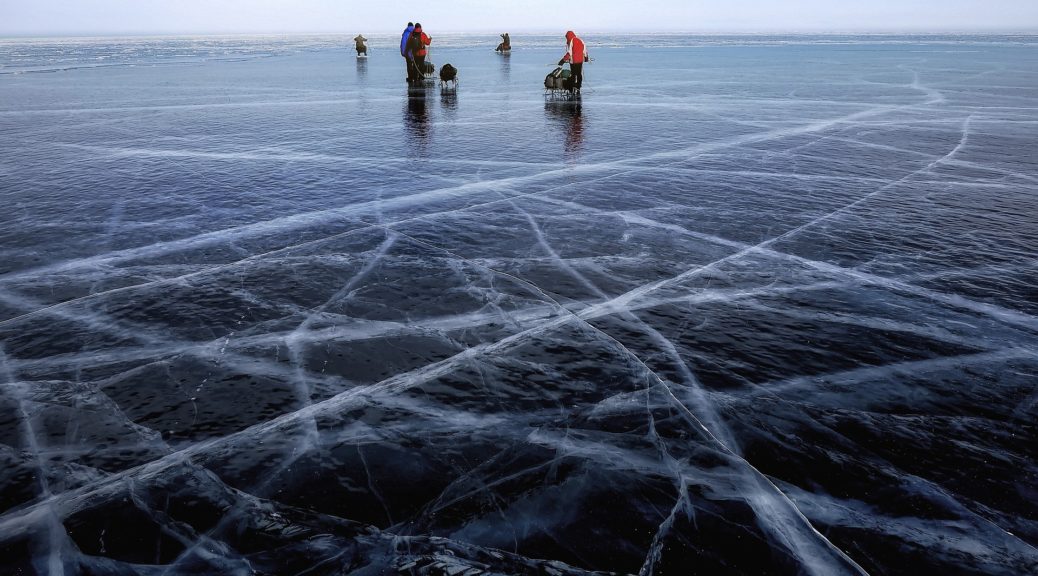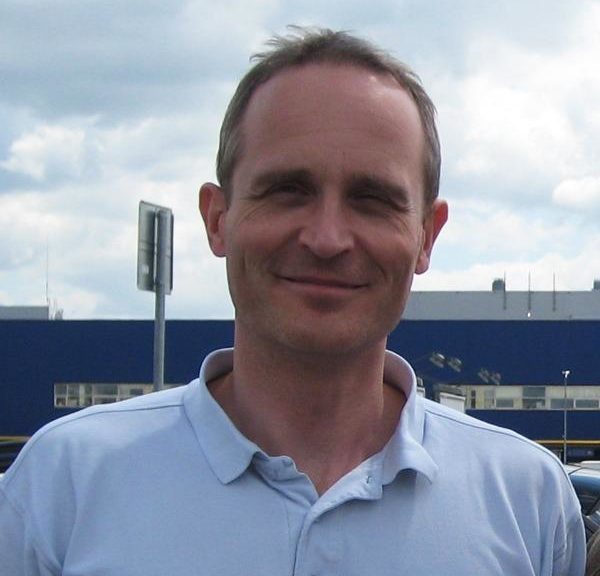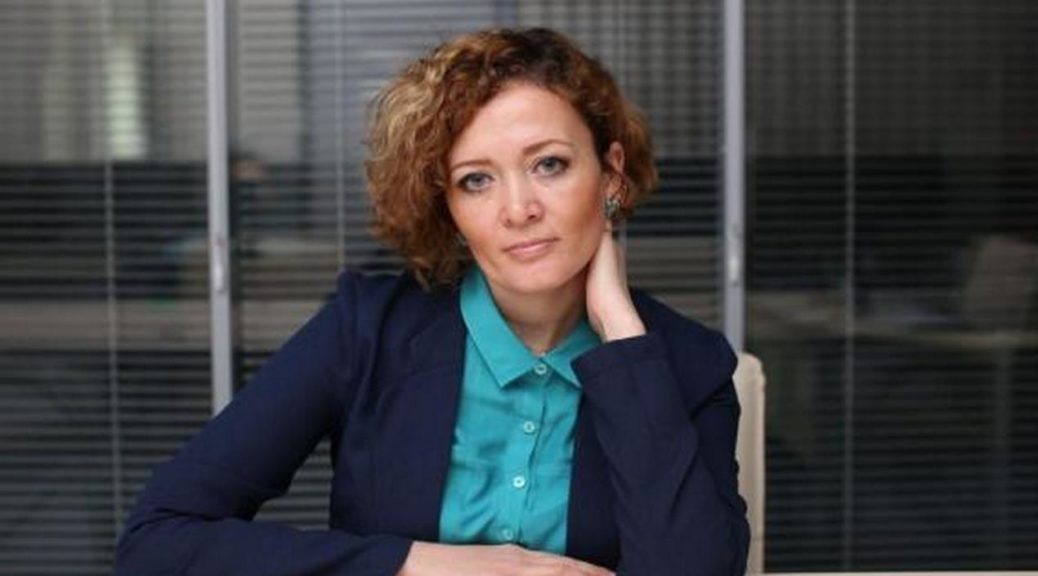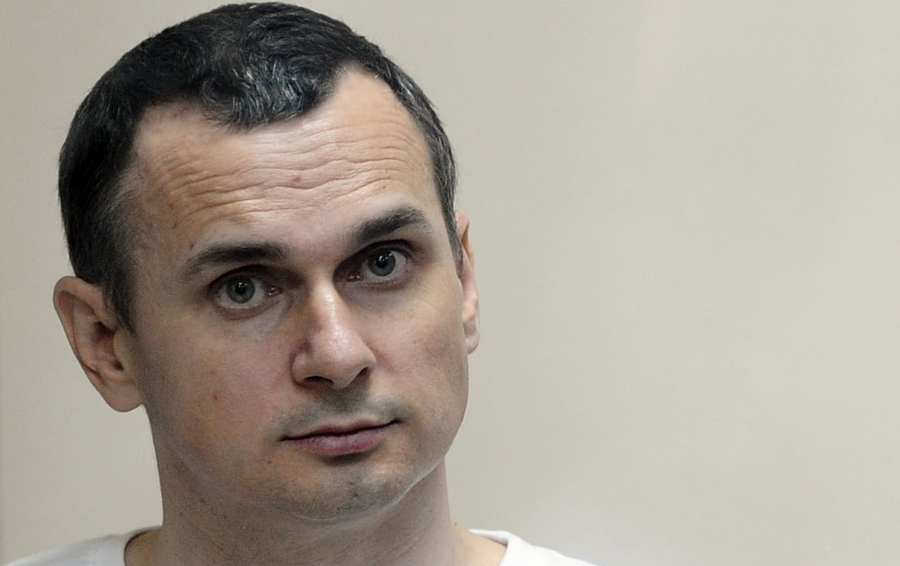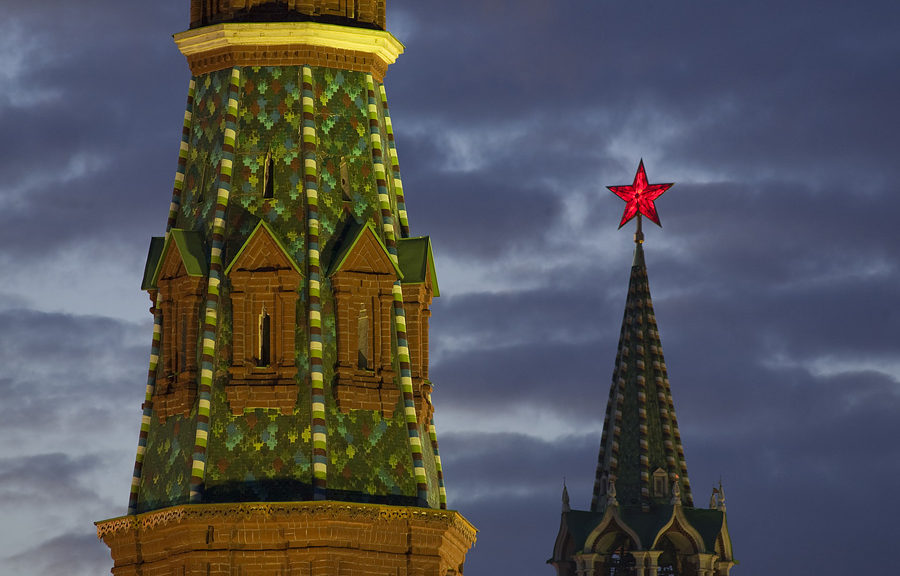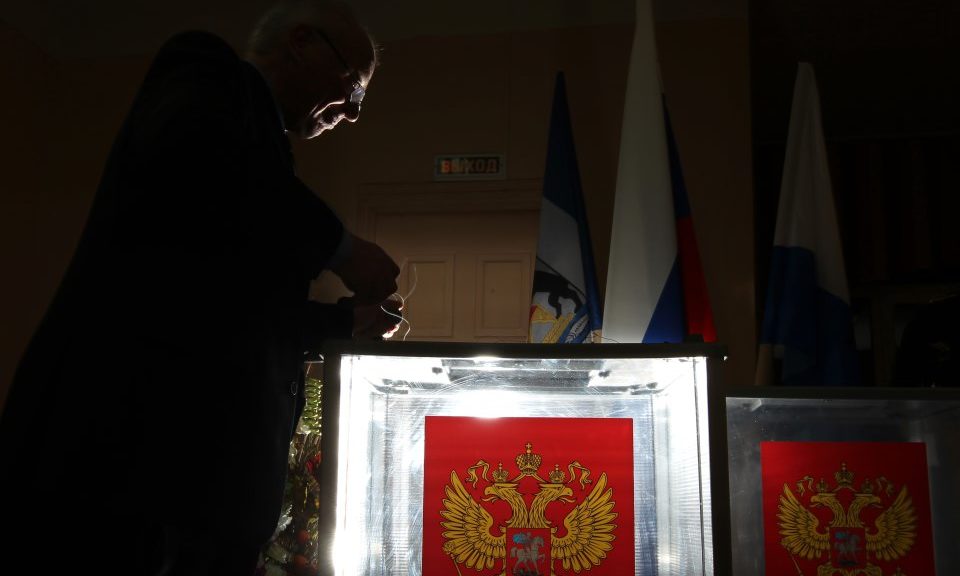For the past few years, the Russians have been living in an atmosphere of growing political repression. The more things soured for Putin domestically and internationally, the larger the scale of repression grew.
While individual opposition activists have been targeted by this repression for years, its full scale became apparent only in 2021, when winter street protests in support of jailed opposition leader Alexei Navalny were met with the simultaneous detention of over ten thousand people throughout Russia. Over 90 criminal cases were initiated, and thousands of administrative penalties imposed as a result of these protests. Even though months have passed since the January protests, their participants are still having their homes searched, summoned for questioning by the police, and arrested.
The Kremlin widely publicizes these acts of repression in order to intimidate the population. The rationale behind this publicity must be kept in mind while evaluating the mass character and the scale of future protests in Russia. The number of Russians who are unhappy about the current developments in the country is much bigger than the number of protest participants. However, not every Russian is prepared to risk freedom, health, and wellbeing for the sake of expressing their political stance toward the regime, and they cannot be blamed for that.
One should not mistakenly assume that repression is the government’s reaction to protests. Political repression began to escalate last year — approximately 12 to 18 months before the start of the election campaign to the State Duma. The January 2021 protests came as a result of the government’s repressive policy brought into sharp focus by the attempt on the life of Alexei Navalny who, following his return from life-saving medical attention in Germany, was arrested, quickly tried and sent to prison.
The purpose of the government’s efforts is quite obvious: to make it impossible for the most active and widely-known critics of the regime to participate in the upcoming elections due to criminal cases, forced immigration or fear. Unfortunately, in some cases, the regime’s pressure has proven too intense which resulted in tragedies. This was the case when, unable to face further harassment, Nizhny Novgorod journalist and activist Irina Slavina died after setting herself on fire in front of the local branch of the Interior Ministry, a day after her apartment had yet again been searched by the police.
Alexei Navalny’s poisoning or, more specifically, the timing of this assassination attempt can also be explained by the election calendar. Even though Navalny has, for a long time, been a thorn in the Kremlin’s side, it was his open preparations for the upcoming election that moved the government to take drastic action. It is worth remembering that Boris Nemtsov was killed 18 months before the 2016 election to the State Duma for an obvious reason: had he lived to see it, opposition forces could have run a well-organized campaign and would have probably made it into the Parliament. Hence, the conclusion here is that the murder of Boris Nemtsov, the poisoning of Alexei Navalny, and many other similar government acts of repression were not by chance but an integral part of the Putin team’s consistent approach aimed at physically eliminating its opponents in the lead up to important elections.
It would seem that Putin should have no reason to be concerned about the elections since it is the government itself that administers them, and the Russian voting system has long been notorious for its lack of fairness and transparency. Even fraud, however, has its limits.
Both Vladimir Putin’s popularity and the United Russia party’s approval rating have been in a steady decline. Between a fourth and a third of the population remains entirely loyal to Putin: those are the beneficiaries of the regime, the siloviki, state servants, employees of state- and oligarch-owned companies, members of their families, and a considerable number of retirees and representatives of older generations.
This category is flanked by the so-called conformist part of Russian society. Russian conformists support the government per se – not specifically Putin or his regime. However, these people are socially disengaged, and in order to secure their active support in elections, the government has to make a considerable effort to mobilize them through bribery or intimidation.
Another third of the population, which includes young city residents, entrepreneurs, and educated critical thinkers of all ages, is already either opposed to or disapproves of Putin and his regime.
While over-simplified, the matrix described above offers a general sense as to why Putin needs repression and why this approach will keep on gathering steam.
First of all, Putin needs to demoralize and intimidate his critics and opponents the best he can, as well as all Russians who are speaking out against his policies and against him personally. This is why, before any major election, the government turns up its pressure on this segment of the population in order to minimize the role of protest votes.
Second, political assassinations, perpetual harassment of dissatisfied people by state-owned media, street violence, administrative measures and criminal sanctions are meant to make these people look like outcasts in the eyes of the rest of the public. Average citizens need daily proof that, even if they do not like what is happening around them, it is better to remain silent and tough it out. Otherwise, they too will face searches, trials, prison sentences, unemployment, and poverty. Moreover, the repressive machine occasionally devours random people, which can also be considered part of the government’s deliberate policy. Thus, it is hinted to the Russian citizens that even if they just happen to be seen around protesters as bystanders, or if they are suspected of empathizing with them, it still would be enough to ruin their lives — so it is better to stay away from all of this and avoid any opposition-related subjects even online.
Third, repression against the opposition remains virtually the only proof of strength and determination that the government is able to demonstrate to its supporters. By the same token, it serves to underscore to adversaries outside Russia that Putin has infinite resolve, unlimited capabilities, and a categorical refusal to be bound by international law.
It is hard to imagine what measures Putin could now embrace in order to restore his popularity among all segments of the Russian population. Moreover, time is obviously working against him: while the public’s fatigue with Putin’s rule is growing exponentially, the government faces growing economic, social and infrastructure problems that have been further exacerbated by the coronavirus pandemic.
Putin and his closest circle are quite aware that they have neither any attractive mobilizing ideology to offer to the population nor any resources to further bribe it. The only thing they do have is a thriving, well-financed and disciplined repressive machine that will carry out any orders from the top. So, there can be little mystery about why the Putin regime employs repression with conspicuously increasing zeal and on an ever-growing scale. Unfortunately, one must anticipate a further strengthening of this trend since Putin lacks legitimacy with growing segments of the population and lacks any other reliable means of retaining his hold on power.

